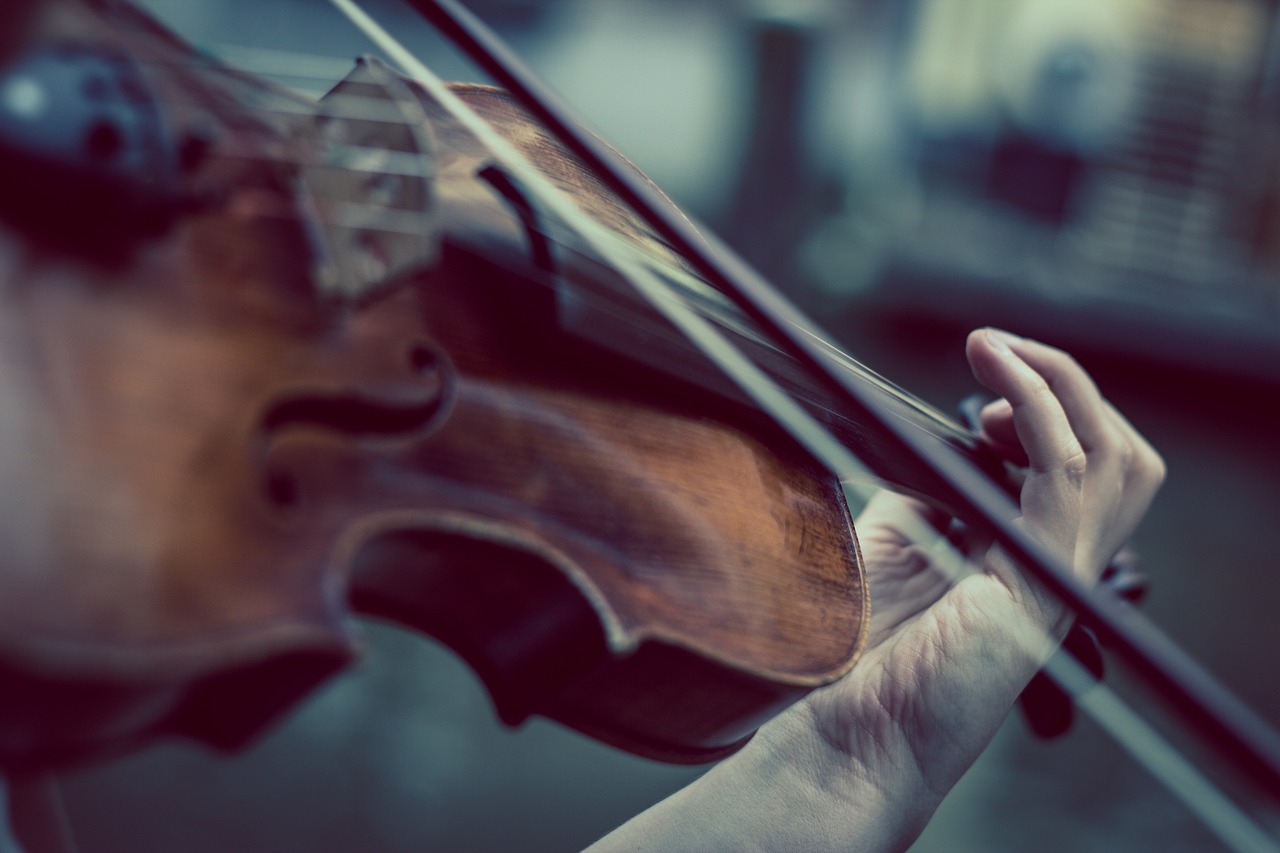Overcoming stage fright: how to transform anxiety into performance energy

Your heart is racing. Your hands are shaking. Your mind is running through every possible mistake you might make. You’re about to step on stage, and instead of feeling excited, you feel paralyzed.
Welcome to stage fright—every musician’s unwanted companion.
But here’s the truth: stage fright is not your enemy. It’s raw energy, and if you learn to harness it, it can fuel your best performances instead of sabotaging them.
So how do you transform anxiety into performance power? The answer lies in mastering your mind, your breath, and your emotions—just as martial artists do before a fight.
Understanding Stage Fright: Why Does It Happen?
Your brain doesn’t know the difference between a real threat (being chased by a lion) and a perceived one (playing in front of an audience). In both cases, your body activates the fight-or-flight response:
✔️ Increased heart rate
✔️ Shaky hands
✔️ Sweaty palms
✔️ Short, shallow breathing
✔️ Racing thoughts
It’s not a sign of weakness—it’s a sign that your body is preparing for action. The problem? Instead of using that energy, most musicians fight against it, which only amplifies the fear.
Martial artists, elite athletes, and top performers train their minds to redirect this energy instead of resisting it. And so can you.
- Shift Your Mindset: Make Anxiety Your Ally
Instead of thinking:
❌ “I’m too nervous. I’m going to fail.”
Try:
✅ “This is excitement. My body is giving me energy to perform at my best.”
This mental shift is critical. Anxiety and excitement are the same physiological response—it’s just how we interpret it that makes the difference.
Try this before a performance:
🔹 Say out loud: “I’m excited.” Studies show that labeling nerves as excitement reduces anxiety and improves performance.
🔹 Remind yourself: Your body is helping you, not working against you.
Instead of fighting the rush of adrenaline, embrace it.
- Control Your Breath: The Power of the Samurai Mindset
In martial arts, warriors are trained to control their breath before battle. If you let your breath get fast and shallow, panic sets in. But if you slow it down, you regain power over your body and mind.
Try this breathing technique before stepping on stage:
🔥 Samurai Box Breathing (4-4-4-4 Method)
1️⃣ Inhale deeply through your nose for 4 seconds
2️⃣ Hold your breath for 4 seconds
3️⃣ Exhale slowly through your mouth for 4 seconds
4️⃣ Hold for 4 seconds before repeating
Repeat this cycle 4-5 times, and you’ll feel your heartbeat slow down and your mind sharpen.
This is how fighters stay calm before stepping into the ring. And it works for musicians, too.
- Ground Yourself: Eliminate Shaky Hands and Tension
Tension is the enemy of fluidity. When anxiety strikes, your hands, shoulders, and jaw tighten up—disrupting your playing.
To counteract this, use the Rooting Technique from martial arts:
🦶 Before playing, stand or sit with your feet firmly on the ground.
🧘 Imagine your body becoming heavy, like a tree with deep roots.
💨 Take a slow breath and “send” the tension from your hands into the floor.
This gives you an instant feeling of stability and control, preventing your hands from shaking uncontrollably.
- Use Mental Rehearsal: Visualize Success
Top athletes and musicians don’t just practice physically—they practice mentally.
Before your performance, close your eyes and imagine:
✔️ Walking on stage confidently
✔️ Feeling relaxed and in control
✔️ Playing with ease and expression
✔️ Hearing the applause afterward
Your brain can’t tell the difference between real and imagined experiences—so the more you visualize success, the more natural it will feel when you step on stage.
- Create a Pre-Performance Ritual
Most great performers have a routine before going on stage. Why? Because a consistent ritual sends a signal to your brain: “It’s time to perform.”
Try this 10-minute pre-performance routine:
⏳ 10 Minutes Before: Do deep breathing and stretch your hands/arms
⏳ 5 Minutes Before: Walk confidently, keep your posture open (not hunched)
⏳ 2 Minutes Before: Smile—yes, even if you don’t feel like it! It tricks your brain into confidence
⏳ 30 Seconds Before: Take a deep breath, feel your feet grounded, and think: “This is my moment.”
By repeating the same routine every time, you condition yourself to feel ready and focused.
Final Thought: Fear and Excitement Are the Same Energy
The difference between fear and excitement is simply your interpretation.
When nerves hit, don’t say: “I’m too anxious.”
Instead, say: “I’m ready. Let’s do this.”
Your adrenaline is not a weakness—it’s your fuel. Use it. Channel it. Own it.
And when you step on that stage, play like a warrior.


